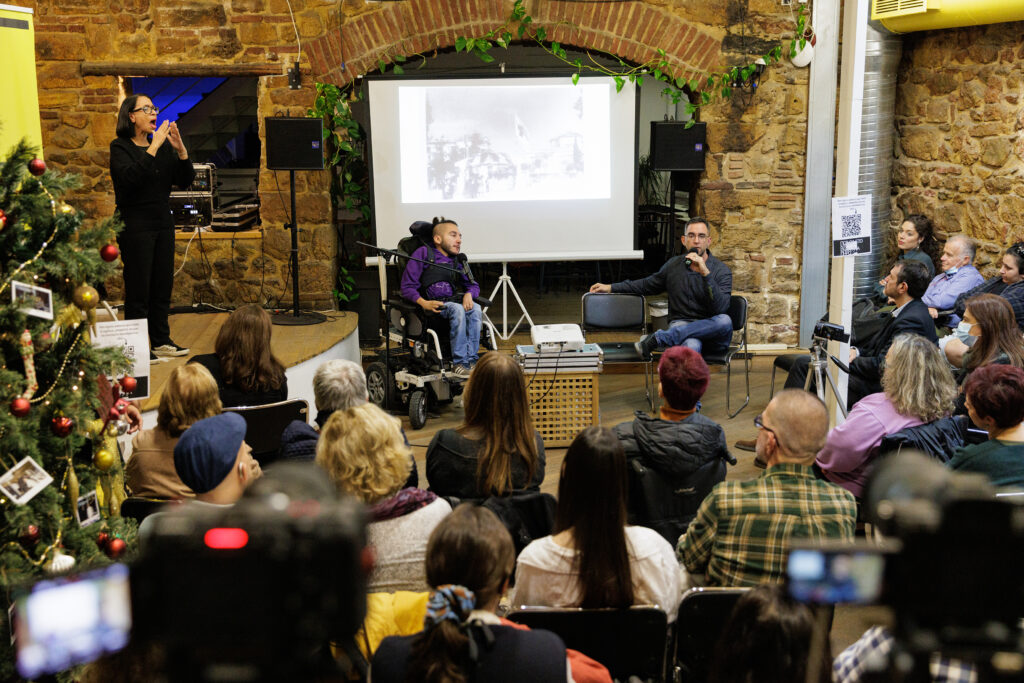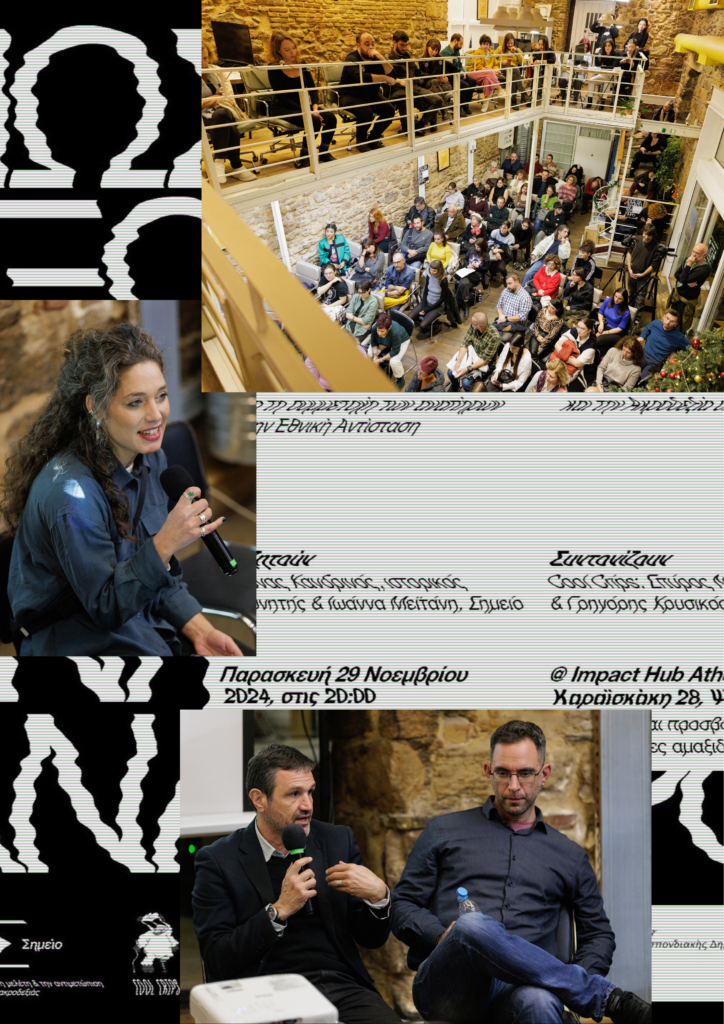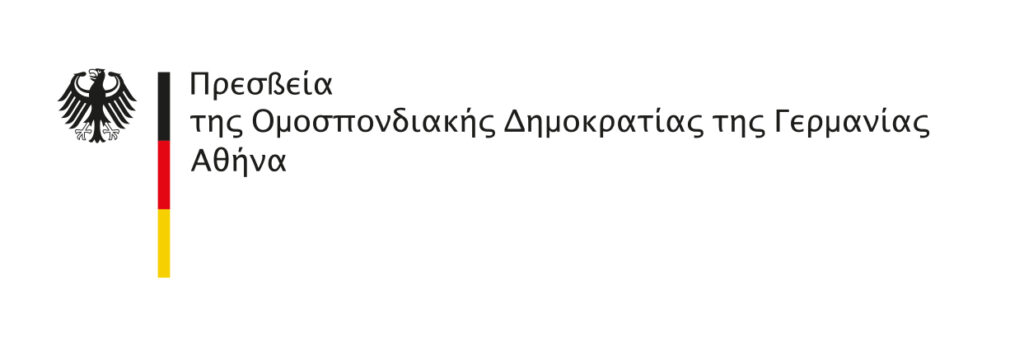Disability – now and then
How do we view disability today? What connection does the present have with events that happened 80 years ago? Was there a historical period in the country where disabled people were treated differently? How has society managed this memory? Is the approach of eugenic “purification” proposed by the Nazis during World War II addressed in any way today? A very important research project is being completed, and we are delighted to present the material that emerged from it, as well as the stages of its realization.

As part of the program Worthy to be Remembered: Honoring Disabled Victims of Nazi Persecution in Greece and Germany, historian Iasonas Chandrinos researched a relatively unknown aspect of Greek history: the participation of disabled war veterans in the National Resistance and the blockade of hospitals in Athens by collaborators of the Occupation forces on November 30, 1943. At the same time, he studied the fate of Greek political prisoners in Nazi euthanasia centers, which were established as part of the eugenic “cleansing” of German society.
The focus groups
Focus groups consisting of people with and without disabilities participated in the research, and their contributions helped shape the key historical questions that the study focused on. At a later stage, these inclusive groups discussed the optimal ways to disseminate this information, concluding with the live presentation of the findings at two events in Athens and Berlin, as well as the creation of a podcast that focuses more on the contemporary echoes of this lived history and the policies being developed in our era around issues of disability.
The presentation of the research in Athens and Berlin was a great success, as a large number of people responded to the call and actively participated in the highly interesting discussions initiated by the coordinators.
The event was moderated by Spyros Dadanidis from Cool Crips, and in addition to historian Iasonas Chandrinos, Kostis Papaioannou from the Simeio: Researching & Confronting the Far Right brought the discussion to the present day and the political implications of ableism.

The research materials
We are pleased to share with you the research materials of Jason Chandrinos, which focus on the disability movement that developed in the country during the National Resistance and on the extermination of political prisoners in Nazi “euthanasia” centres. The research is presented in Greek and German and a link is available for screen readers.
Article by Iason Chandrinos “War Disabled in the National Liberation Struggle, 1941-1944”
Find the research in Greek accessible to screen readers here.
Find here the article in german:
Article by Iason Chandrinos “Greek Prisoners in Nazi Euthanasia Centers”
Find the research in Greek accessible to screen readers here.
Find here the research in german:
“How (Not) to Exterminate a Disabled Person – Then and Now” – The event
The presentation of the findings and the discussion that followed on November 30, 2024, at Impact Hub Athens, are available at the following link with live interpretation in Greek Sign Language and subtitles.
Stay tuned for the release of our podcast featuring the rich discussion and the speakers' thoughts that emerged after the event!
The program “Worthy to be remembered”
The goals of the program included deepening research on the role of war-disabled individuals in the National Resistance and the persecution against them, commemorating the historical events and disabled victims, disseminating scientific knowledge, fostering intercultural exchange, and building a shared historical culture between Greece and Germany. Additionally, it aimed to connect with contemporary forms of ableism from the far right, in an effort to combat racist perceptions.
The program was implemented by liminal in collaboration with Simeio: Researching & Confronting the Far Right and historian Iason Chandrinos, and was funded by the German Federal Foreign Office through resources from the Greek-German Future Fund.
By completing this research, we aim for the findings to transcend the boundaries of academic knowledge and inspire artists and educators, with or without disabilities. Through artistic works and educational tools, historical memory will not only remain alive in Greece and Germany but will also transform into contemporary questions that concern us all. By highlighting today’s manifestations of ableism, our work aims to spark meaningful dialogue and actively contribute to promoting inclusion and social justice.

